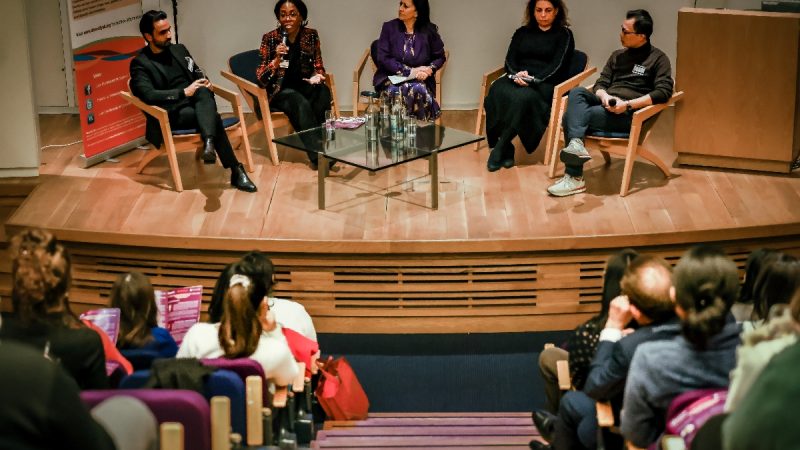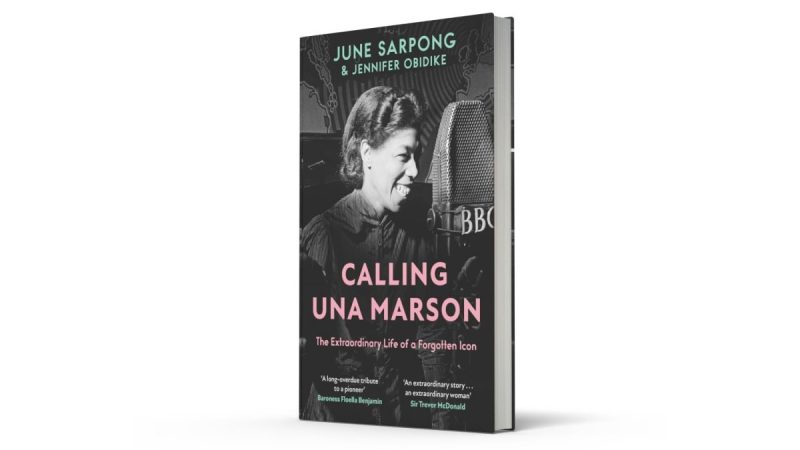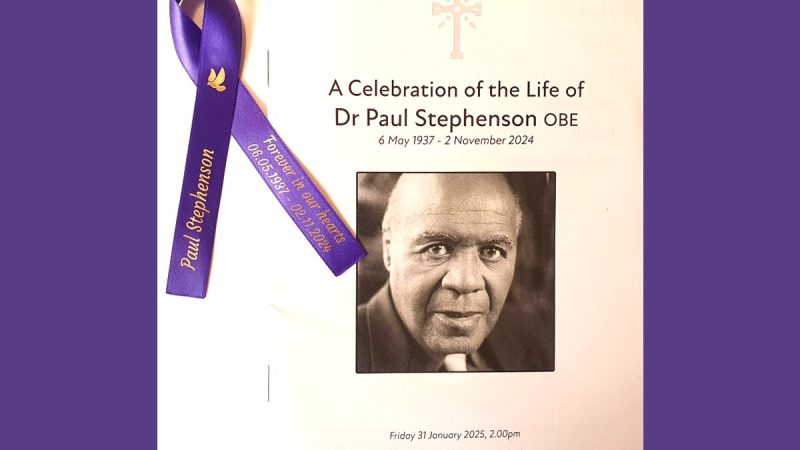Vince Cable welcomes plans to increase ethnic diversity on FTSE 100 boards

Business Secretary
Secretary of State for Business, Innovation and Skills, Vince Cable today welcomed a business-led drive to recruit more diverse executives to the boards of Britain’s biggest companies. The private sector initiative, called The 2020 Campaign, has set a target of no all-white boards amongst the FTSE 100 by five years’ time. New research issued today by Green Park Executive Recruitment reveals that in an age when Britain’s leading businesses earn the majority of their revenue outside the UK, competing in an international marketplace for customers and talent, the number of FTSE 100 companies with an all-white executive leadership has actually grown over the last year.
The research shows that 62 FTSE 100 companies currently have all-white Main Boards, a rise from 61 in February 2014. Once Non-Executive Directors are discounted and the Operating Board is included, 69 FTSE 100 companies have an all-white executive leadership – a rise from 65 in February.*
With the global economic climate becoming ever more competitive, Government and business organizations are concerned that any failure to call on as diverse range of talent as possible could put UK companies at a serious disadvantage in both domestic and global markets. For example, there are no individuals of Chinese or other East Asian descent on executive leadership teams, which raises serious questions about British companies’ ability to compete in one of the UK’s most important and fastest growing foreign markets
Secretary of State for Business, Innovation and Skills the Rt Hon Dr Vince Cable said: "We know that businesses with diversity at their top are more successful. But diversity stretches beyond gender balance. I want us to extend the successful campaign we have led to increase female representation on FTSE 100 boards to tackle visible ethnic minorities in Britain's top companies. I am delighted that Trevor Philips and Sir John have agreed to lead this business campaign which aims to end all white boards by 2020.
The 2020 Campaign, Ethnic Diversity in Business, 15th December 2014
BME representation on FTSE 100 Boards is at 5%
“Black and ethnic minority representation on UK FTSE 100 boards is currently at around 5%, which is much lower than we would expect if company boards reflected the population of this country. The first step to improve this is to encourage businesses to disclose and record the ethnicity of their executives while making sure they nurture talent from all backgrounds and are truly meritocratic about progression to the top.
“We are asking business to act, but government must also put its house in order. I have instructed my officials to put in place a pilot trialling new innovative methods to better measure ethnic diversity in my department. If this proves successful I will encourage it to be rolled out across government."
The 2020 Campaign suported by the IoD & CBI
The 2020 campaign’s lead industrial supporter is Sir John Parker, Chair of Anglo American, which has one of the most diverse boards on the Index, and the campaign is also supported by the IoD and CBI. Alongside other business leaders, the campaign’s steering group includes actor and diversity campaigner Lenny Henry, former Chair of the Equality and Human Rights Commission Trevor Phillips and Raj Tulsiani, CEO of Green Park Executive Recruitment.
Sir John Parker GBE FREng, Chairman of Anglo American plc said: "I support the importance of ethnic and cultural diversity, especially in FTSE100 Companies trading globally. All of us who are privileged to lead Company boards should ensure that ethnic diversity becomes a natural component in building strong and competent boards. In a world of seven billion people the talent is out there with the skills and experience to take on Board roles from right across the Diversity spectrum."
Lenny Henry
Lenny Henry added: "I'm delighted to be asked to support this campaign. I have made the point many times that in my own industry we are allowing some of our brightest talents to go abroad because of lack of opportunities here. We need to take advantage of our own talent - and that lesson is as important for business generally as it is for television and the creative industries."
The 2020 Campaign will start with a six-month period of consultation on aims. Sir John will lead a group to consult with business interests, employees and other interested parties. The group will bring forward proposals on best practice in defining and measuring ethnocultural participation, as well as successful experience in boosting diversity. The group’s report will also contain a further update on progress to mid-2015.
Correlation between diversity and financial performance
Recent analysis suggests that the performance of companies on the global stage is, in part, a function of their ethno-cultural diversity. For example, McKinsey’s “Diversity Matters” shows a measurable correlation between diversity and financial performance. Companies in the top quartile with respect to racial and ethnic diversity are 30% more likely to have higher than average median financial returns relative to their competitors. In the UK, a 10% addition to gender and ethnic diversity corresponds to a 5.6% increase in EBIT.
Arun Batra, CEO, EY’s National Equality Standard, commented: “It’s counterproductive that businesses do not currently mirror the world in which they operate in. A lack of ethnic diversity in leadership is bad for business and by 2020 it should be unthinkable. We are aware this is an ambitious initiative, but we are firm believers that it will result in better, more balanced business decisions.”




